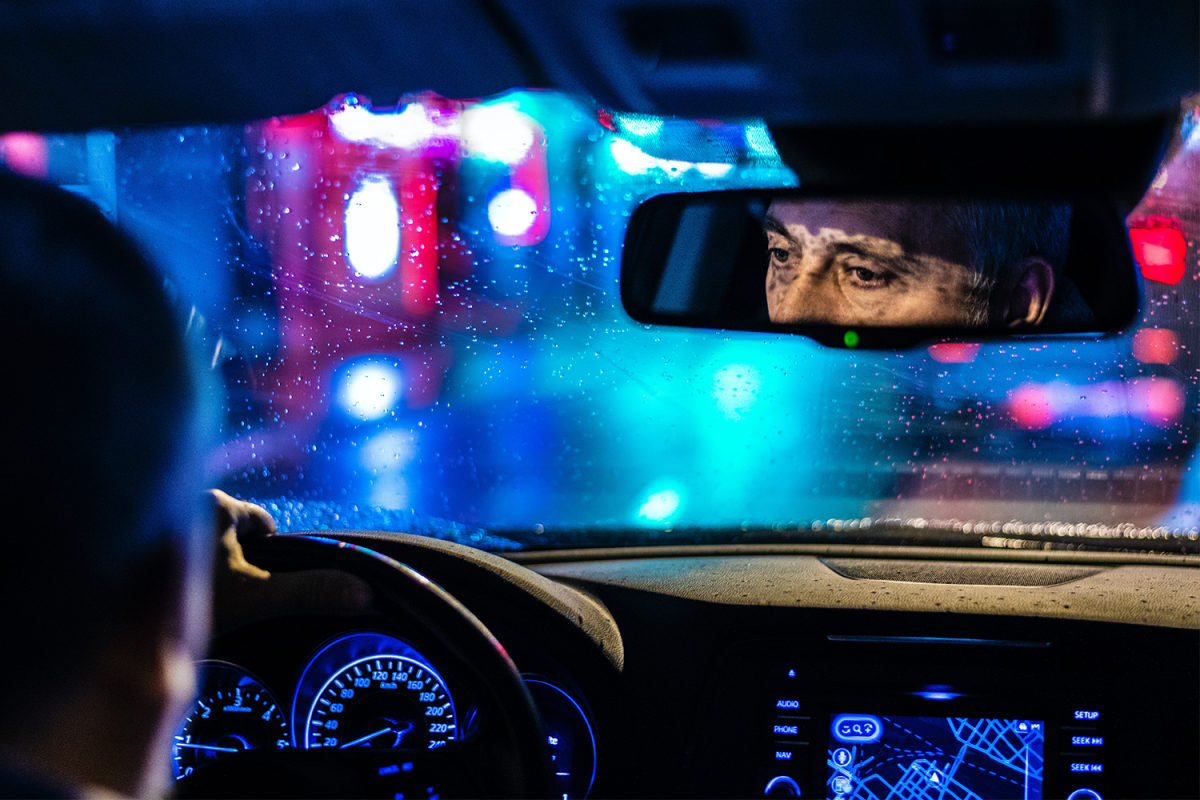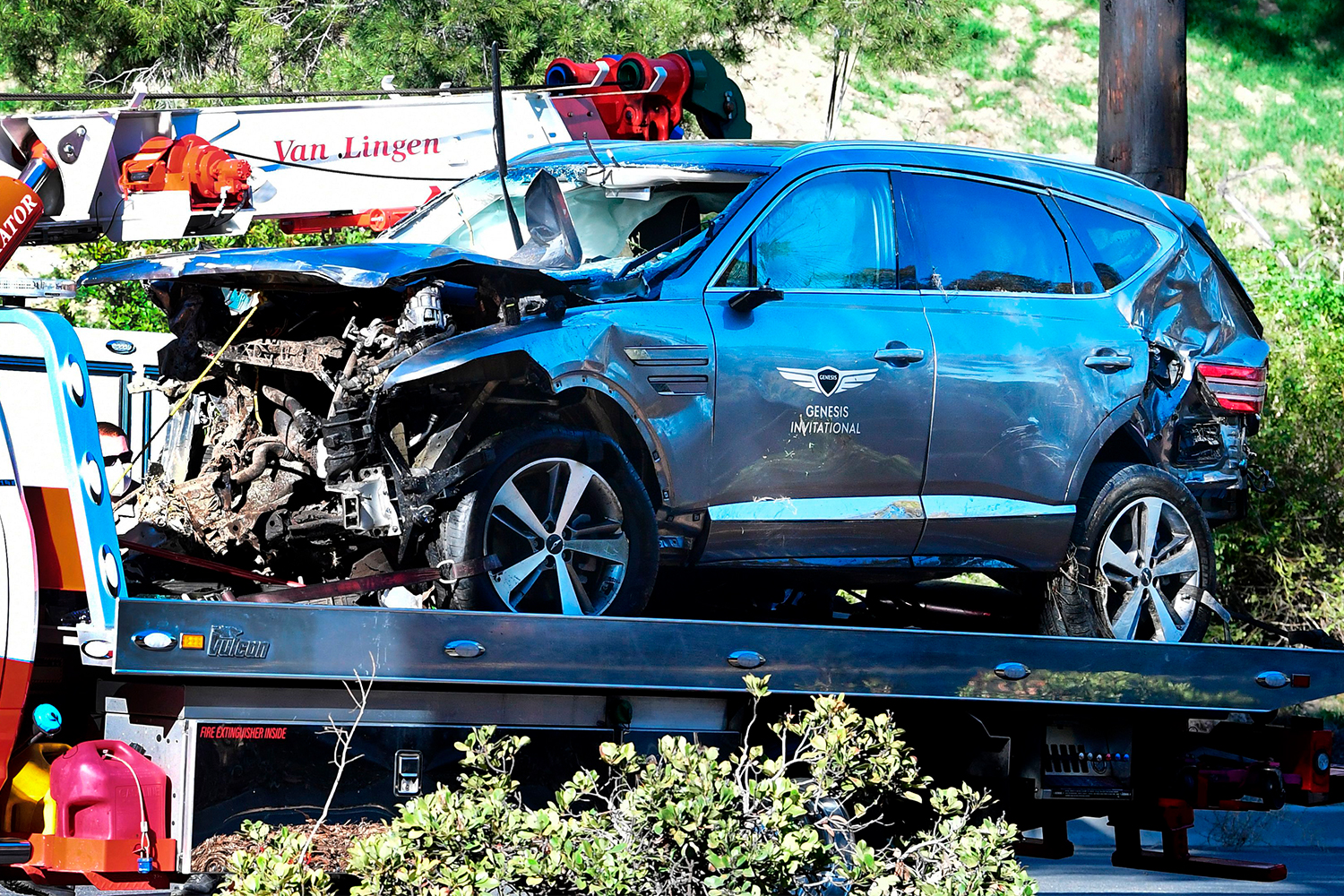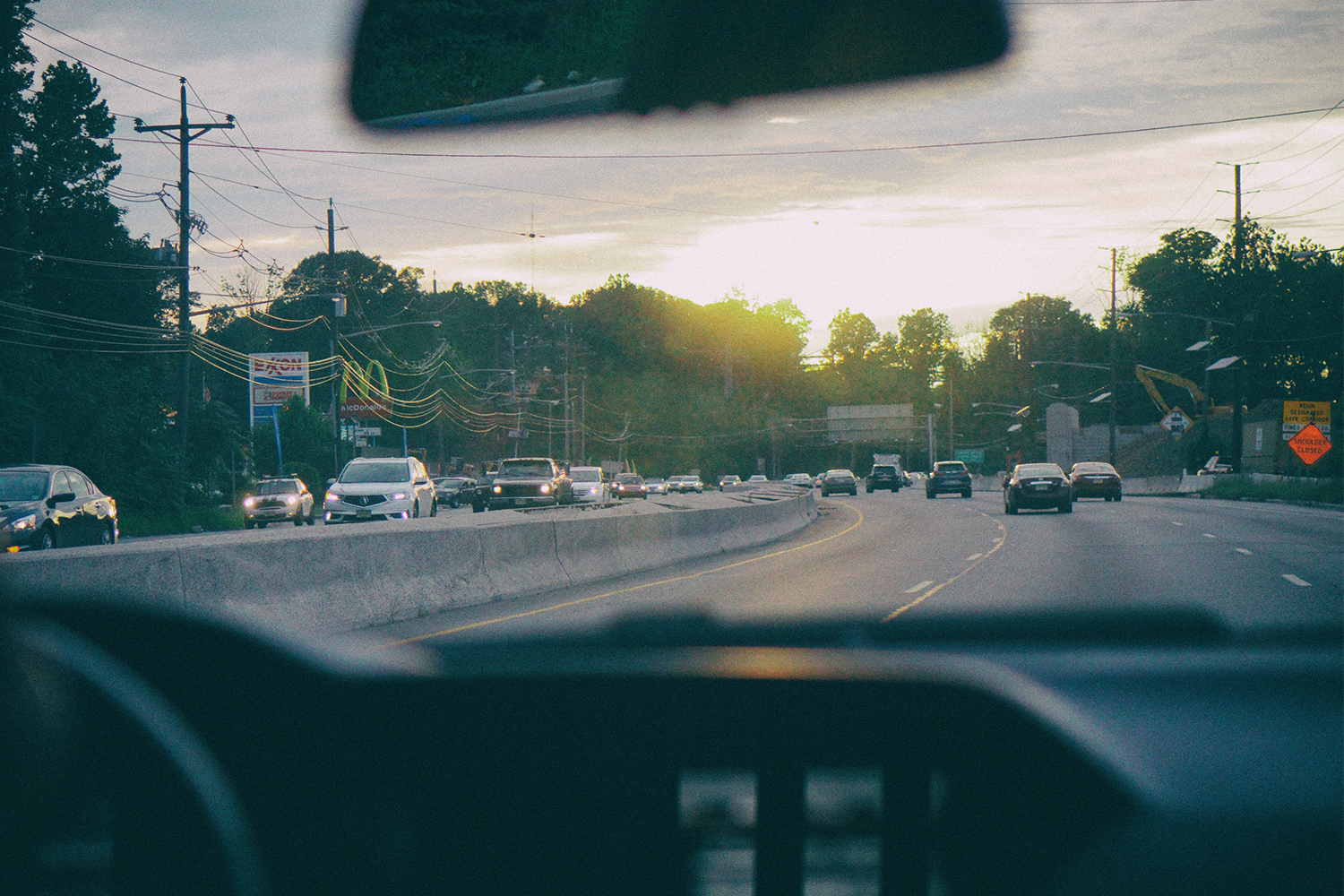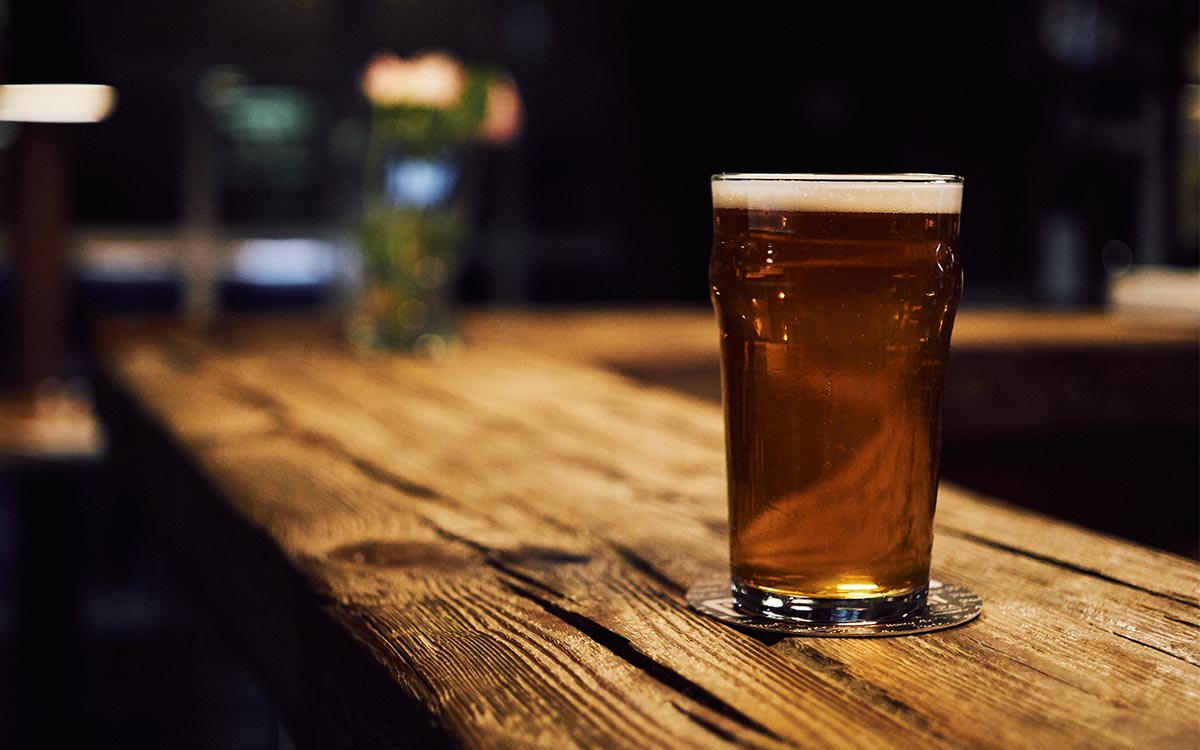“This is a crisis.”
That’s what U.S. Transportation Secretary Pete Buttigieg had to say after his department’s National Highway Traffic Safety Administration released its latest numbers on traffic fatalities. Between January and June of 2021, an estimated 20,160 people died in motor vehicle crashes, the largest number in that time period since 2006. The increase is a continuation of disturbing trends that emerged during the beginning of pandemic, when traffic volume decreased but the fatality rate went up.
There are a few reasons for the increase, and a few solutions on the table, but as the Associated Press reports, one of the most significant answers to the problem is part of the massive infrastructure bill: Congress will now require automakers to build cars with new technology that stops drunk driving.
Here’s how the ruling will work: First, these companies must develop technology that can stop intoxicated drivers in their own vehicles; then the Department of Transportation will determine which tech works best; and once it’s set, automakers must be allowed plenty of time to comply. According to the AP, new vehicles will include this feature, whatever it ends up being, as early as 2026.
The field is wide open at the moment, but don’t expect these features to take the form of the standard breathalyzer devices that are often installed in the vehicles of those convicted of drunk driving. Instead, it’ll likely take the form of infrared cameras that monitor your behavior behind the wheel, as Sam Abuelsamid, principal mobility analyst for Guidehouse Insights, told the outlet, as this is already a part of some driver-assistance systems.
“The cameras make sure a driver is watching the road, and they look for signs of drowsiness, loss of consciousness or impairment,” the AP writes. “If signs are spotted, the cars will warn the driver, and if the behavior persists, the car would turn on its hazard lights, slow down and pull to the side of the road.”
According to the NHTSA, one person was killed in a drunk-driving crash every 52 minutes in the U.S. in 2019. If PSAs, designated drivers and the expansion of ride-hailing services can’t stop these preventable deaths, then hopefully this new tech can.
Thanks for reading InsideHook. Sign up for our daily newsletter and be in the know.


















